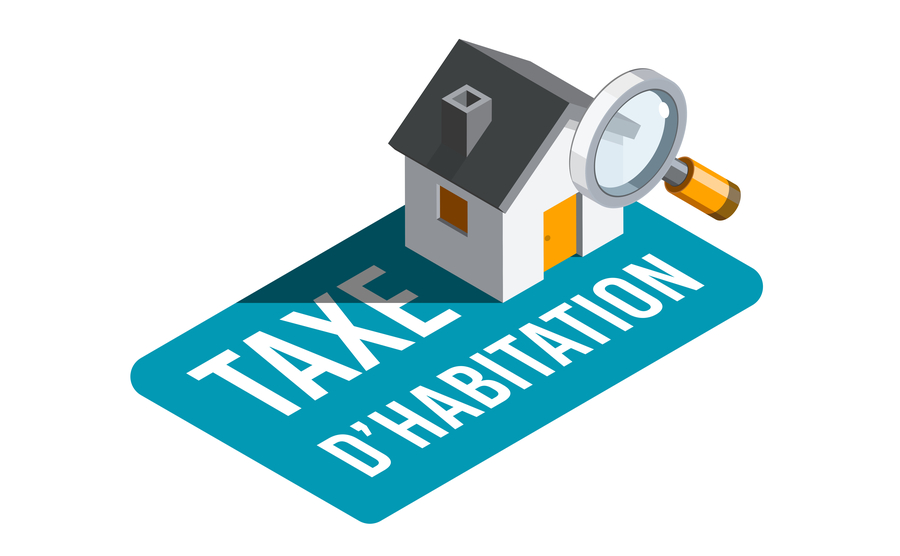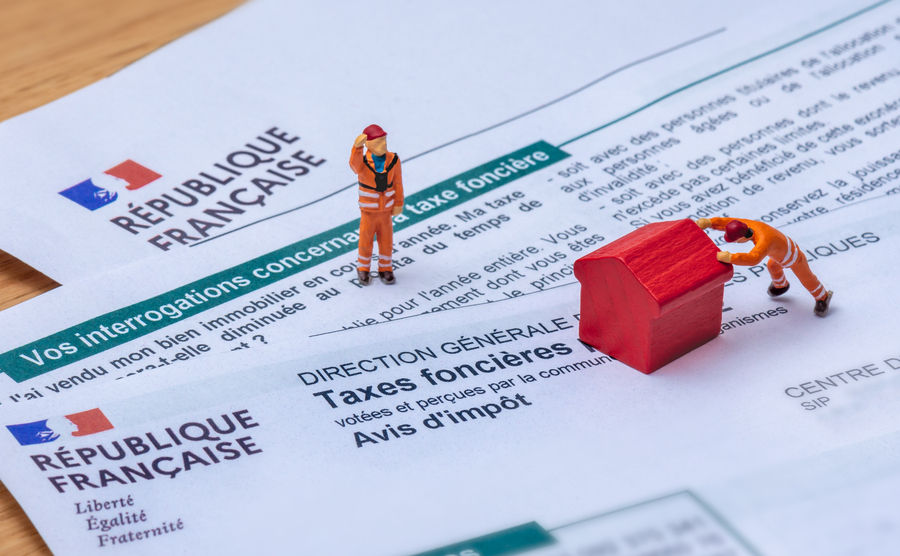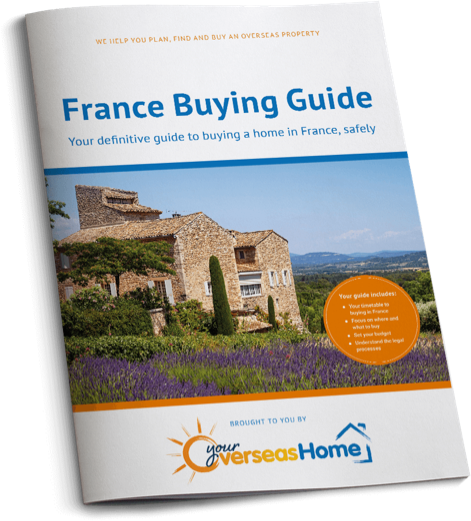In 2022, reports flooded in that French Authorities had begun to use artificial intelligence (AI) technology. They used this to expose illegal, previously undeclared swimming pool installations off the back of the largest drought ever experienced in France when we were supposed to be conserving water.
The mandatory confinement imposed due to COVID also contributed, leading to many new installations. A large number of these installations did not comply with proper planning permissions, which led to a wave of property tax regularisations, including fines, and increased property taxes imposed on a record number of properties.
France has always grappled with tax evasion, from people working under the radar (on the black) and not declaring income revenue, to undeclared external structures. These should trigger higher property taxes, as they boost property values. The French government has reached its limit. In an economic climate where they sorely need revenue from these avenues, they are tightening their grip. They are determined to collect taxes fairly from those who rightly owe them. Initial trials focused only on finding undeclared pools. The software, created by Google and Cap Gemini, reportedly found over 20,000 undeclared structures, raising €10m in additional tax revenue. With this number recently surpassing 100,000, authorities now warn citizens that this software’s deployment is expanding. It is now also investigating the construction of sheds, outbuildings, extensions and gazebos.

The French government is using AI technology to detect unpaid property taxes
Find homes in France via our property portal.
French government action
The French government plans to expand the use of this technology nationwide and to search for other structures, expecting to boost property tax revenues by possibly another €40m. Following the success of comparing aerial images of swimming pools with land registry records, it seems inevitable that this technology will be used to further validate cross-compliance.
In addition to using AI technology to clamp down on undeclared structures affecting property taxes, the new prime minister Gabriel Attal plans to increase the number of tax inspectors in France by over 1000 by 2027. He warns that French citizens now face a higher risk than ever of having their tax returns investigated and audited for compliance.
The rules
France’s planning permission rules are clear. Any structural change that increases the footprint size of a property, whether inside or within your land area, and boosts your property value, requires planning permission. Once constructed, you must declare these structures. They add to the rentable value of your property, affecting the amount of your property taxes. This applies to any alteration of “livable space”, including undercover terraces, patios, gazebos, sheds, carports and of course swimming pools. It even includes renovations of previously dilapidated structures within property boundaries.
Determining the amount of additional property taxes levied for additional structures in advance is difficult, as it depends on the jurisdiction of local authority rules. However, it is estimated that installing a swimming pool may lead to a re-evaluation and increase of property taxes of between 5 and 10 per cent. So, in addition to the cost of physically installing any new structure, you need to account for these extra costs.

Tax d’Habitation = property taxes
How to avoid getting caught out
Many people have been caught out by this rule when buying property, often in good faith. They assume that all existing amenities of the property have been declared and added to the required property taxes. In reality, many of these amenities were constructed without proper permissions.
The sensible advice is to take accountability and check thoroughly when investigating your dream property with agents, Notaires, and cadastral plans. Make sure that all structures, both inside and out, are noted as existing and recorded formal structures. A useful resource for this is www.cadastre.gouv.fr.
Last year, authorities introduced a new property tax form. All homeowners, whether primary or secondary, resident or not, must complete this form. This allows people to regulate their positions, which may not have been updated for some time.

Property taxes in France
How to declare your property taxes
If you become aware of any structure not declared by previous owners, it is possible to apply for retrospective permission. However, do be aware that this is not always a given. It could be that due to the location of the property, the correct permissions were not sought for good reason. That is perhaps unlikely to be granted!
There are plentiful rules about not being able to construct certain structures within proximity of churches, or on protected land. Also worth noting is that additionally there have been new rules introduced since drought regulations of the past few years. Meaning that no building permissions at all may be granted in certain areas.
Retrospective planning permissions applications can be much more arduous than applying in advance. For the simple reason that it can be difficult to obtain clear sight of the property before. Not useful when having to submit detailed plans for both before and after. The application must also very much make clear that the work has already been completed. Making this an application to receive a “régularisation permit”, rather than the standard permission.
If you wish to buy a property caveat-ed on receiving retrospective permission, the authorities do not view these types of applications as a priority. So if your purchase is entirely dependent on this, you should be prepared for a long wait and be extremely patient. Alternatively, you can walk away and simply find another property with fewer complications.
For guidance on buying a property in France, download our free guide today
You might also like:












